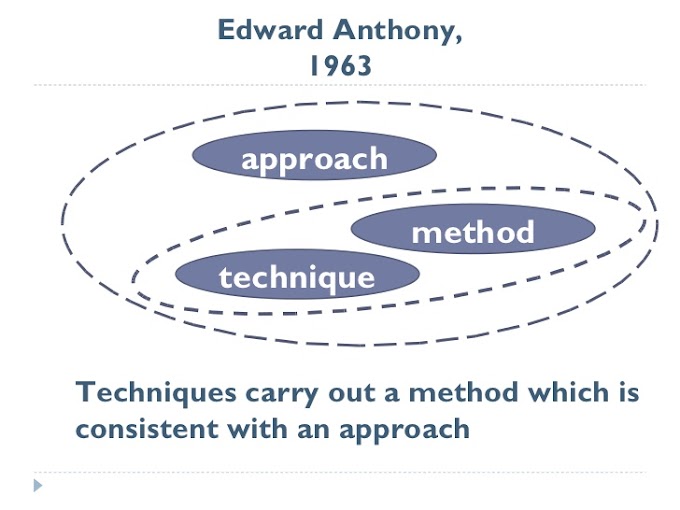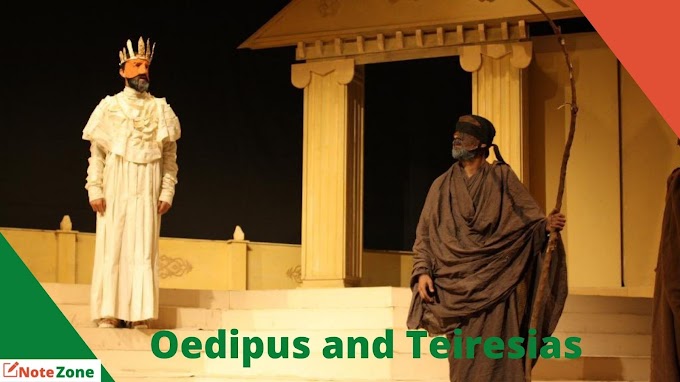Don Juan by Lord Byron is a social satire. Byron was one of the most powerful satirists of England during the 19th century. He had a great liking for Alexander Pope, the prince of satirists in the 18th century, and for Gifford, his worthy successor. He closely imitated their form and style in his satires. Don Juan is his highest achievement in which he unbosoms the digressions of the high society. He uses wit, humor and irony to Maurice the hypocrisy and corruption of society.
Don Juan is an epic satire that records the panoramic survey of human society, with foibles and weaknesses of social institutions, and political personalities. Byron himself speaks of the work as an epic satire:
In the poem, Byron satirized the code of love prevailing at the moment. There is no existence of true love, no conjugal happiness Women are hypocrites and unfaithful to their husbands.
The hypocrisy of women is satirized in the character of both Inez and Julia. Donna is not happy with the passivity of her husband, Don Jose. Her relationship with her husband is not based on love. There was a rumor that Don Jose had a mistress, but some say two. It was the source of a quarrel between Inez and Jose. She even called and physicians to prove that Jose had gone mad.
After the death of Don Jose, Inez wanted to make her son Juan an all-round man. She wanted to keep him aloof from immorality or corruption. She chose for his education the works of great authors, having no touch of a sexual affair. But it is ironic that his later life is dominated by sexual love. And for Inez, we know that, though she is a pious and devoted Christian, she had a love affair with Alfonso before her marriage and continued the affair even after her marriage. She pretends to maintain a friendship with Julia in order to continue her affair with Alfonso. She lets Juan mix with Julia to open Alfonso's eyes in order to keep him in the way of an illicit love affair.
Julia is another hypocritical woman of the society. She is a woman of twenty-three married to Alfonso, a man of fifty. He cannot satisfy her carnal desire. So she decides to pluck sexual pleasure from Juan a youth of sixteen. But for the sake of honor and religion, she then wants to keep herself away from him. Afterward, she wants to maintain Platonic love with Juan.
She fails to resist her temptation and falls victim to lust. When she is in bed with Juan, her suspicious husband comes to investigate but fails to detect Juan. At this, she severely rebukes her husband for his suspicion towards her. To prove her innocence, she pretends weeping and goes into a fainting fit. Ultimately Juan is discovered. Here Julia is a perfect hypocrite.
Thus Byron in the poem satirizes marriage without love. Society may support marriage without love but we know that it paves the way for illicit love affairs, as we find in the conjugal life of Jose and Inez as well as Alfonso and Julia. Byron here satirizes arranged marriage and free sex of the society, which even gives birth to an illegitimate child, He conveys this satire through the information of Julia's grandmother who begot Julia's father without marriage.
Thus Byron is a successful satirist in the English language. In the poem Don Juan, Canto I, he attacks abuses of virtue and morality, the hypocrisy of women, infidelity of both husbands and wives. But everywhere he has used wit, humor, and irony as his weapons to attack them.




0 Comments